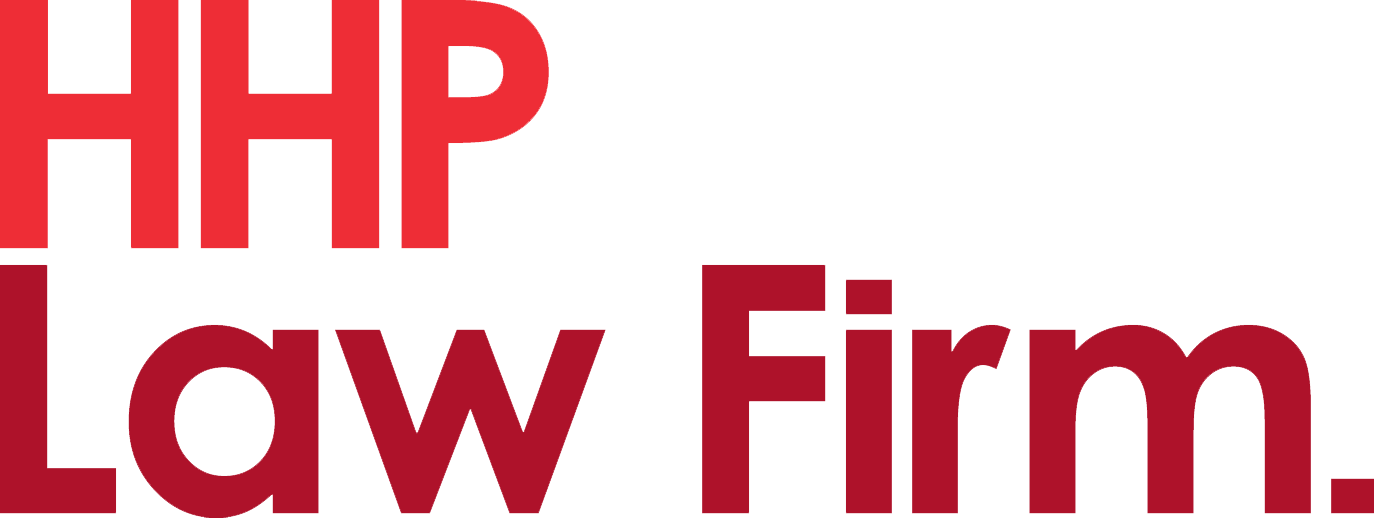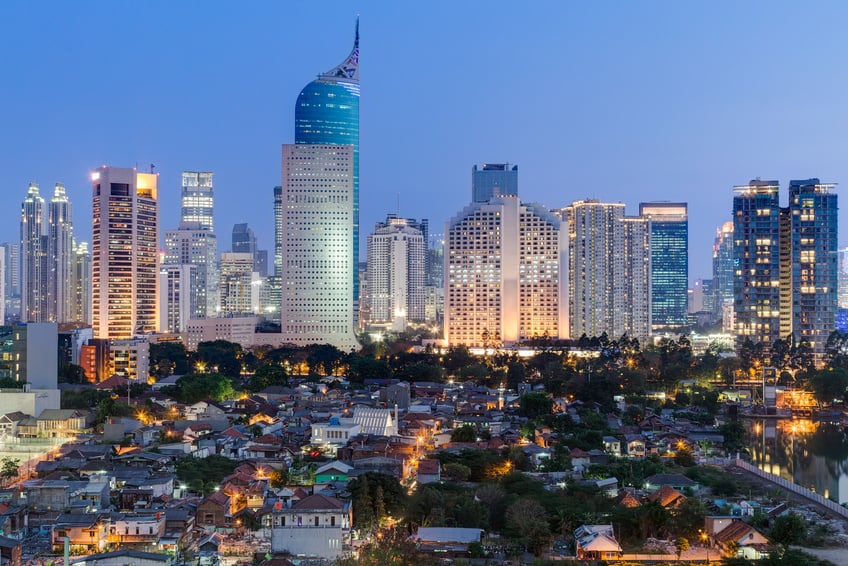In brief
A recent development concerning the replacement of a Ministry of Trade (MOT) export restriction with a Ministry of Finance (MOF) progressive export levy may be an indication of the Indonesian Government’s intention to implement wider restrictions for exports in the near future. It is fair to say that Indonesia is welcoming the era of export restrictions.
In February 2022, the Indonesian Government imposed an export restriction on Crude Palm Oil (CPO) and its derivatives in the form of Export Approval (Persetujuan Ekspor or PE) to tackle the domestic shortage of cooking oil. One of the requirements to obtain a PE was the fulfillment of Domestic Market Obligation (DMO) and Domestic Price Obligation (DPO). The DMO and DPO requirement obliged exporters of any kind of CPO products to supply CPO or Refined, Bleached and Deodorized (RBD) Palm Olein domestically. Exporters were required to sell an amount equal to 30% of their planned exports to the domestic market at a predetermined price of IDR 9,300 per kg for CPO and IDR 10,300 per kg for RBD Palm Olein.
The export restriction was implemented seven days after the issuance of Ministry of Trade Regulation No. 8 of 2022 on 1 February 2022, which amended Ministry of Trade Regulation No. 19 of 2021 on Policy and Regulation of Export (“MOT Regulation 19“).
However, the Indonesian Government quickly decided to remove the export restriction after it was deemed to be ineffective and issued MOT Regulation No. 12 of 2022 (“MOT Regulation 12“), which amends MOT Regulation 19 by removing the export restriction. MOT Regulation 12 came into effect on 20 March 2022.
Through Ministry of Finance (MOF) regulation, the Indonesian Government has now increased the export levy for CPO and its derivatives to discourage companies from exporting those products.
Indonesia’s Change of Strategy Overview
What the Regulations Say
i. Removal of Export Approval and the DMO and DPO Requirement
On 17 March 2022, the Indonesian Government issued MOT Regulation 12, which came into effect three days after its issuance. MOT Regulation 12 removes the requirement to have a PE for exporters of CPO or its derivatives. Therefore, producers that want to export their CPO products are no longer required to fulfill a determined DMO and DPO.
ii. New Progressive Levy for the Exportation of CPO and its Derivatives
To replace the PE requirement, the MOF issued MOF Regulation No. 23/PMK.05/2022 (“MOF Regulation No. 23“), which amends MOF Regulation No. 57/PMK.05/2020 on Service Tariffs of the Palm Oil Fund Management Agency. MOF Regulation No. 23 significantly increases the maximum export levy on CPO and its derivatives through a series of progressive reference prices that start at USD 1,000 per ton and range to above USD 1,500 per ton. MOF Regulation No. 23 came into effect on 18 March 2022.
MOF Regulation No. 23 now sets the maximum export levy on CPO products at USD 375 per ton, which would be applicable when the price goes above USD 1,500. Under the previous regulation, the maximum export levy was only USD 175, which was applicable when the price went above USD 1,000.
Alongside the new regulation increasing the export levy, the Indonesian Government is also planning to increase the export duty for CPO. Currently, the export duty tariff for CPO and its derivative products remain the same. However, the Minister of Trade recently stated that the export levy and duty combined for CPO may reach USD 675 per ton, which would be an 80% increase.
iii. Implication for Exporters
The lifting of export restrictions on CPO and its derivative products should be a relief to exporters because they are no longer required to supply CPO products domestically or to obtain export approval. However, another trade barrier in the form of export levy on CPO and its derivatives remains.
Exporters that already have contracts with buyers (trading partners) globally to supply a certain amount of products will have to comply with the export levy. With the increase of the export levy, exporters may need to increase the selling price of their CPO products to manage their costs. While sellers could seek to re-negotiate the price in existing contracts, buyers and sellers should also consider putting a price escalation clause in future contracts to manage any increase of the selling price.
Although the export duty has not been changed, the increased export levy alone may affect the total export volume of CPO and its derivative products on the global market.
As Indonesia is welcoming the era of export restrictions, producers looking to export must not take the process for granted but should do a legal and business assessment before exporting their products.

© 2022 HHP Law Firm. All rights reserved. HHP Law Firm is a member firm of Baker & McKenzie International. This may qualify as “Attorney Advertising” requiring notice in some jurisdictions. Prior results do not guarantee a similar outcome.





